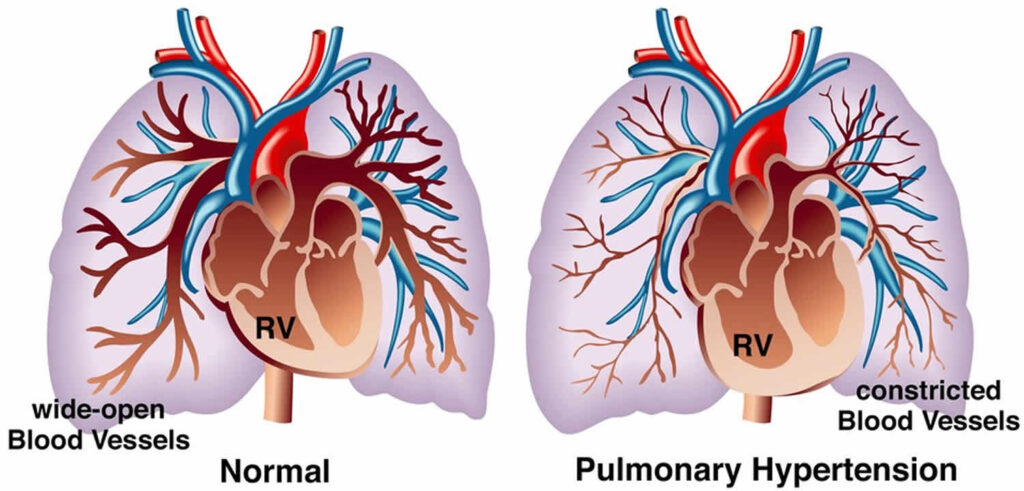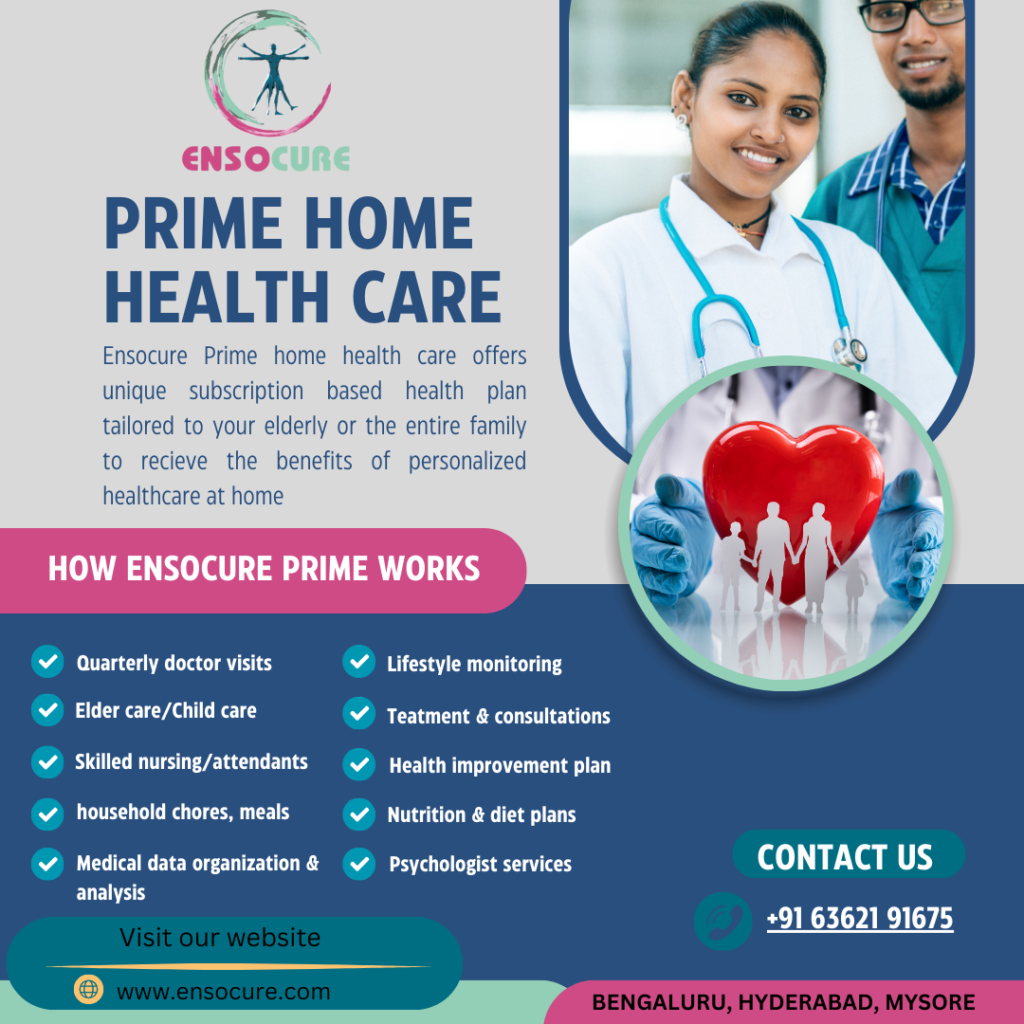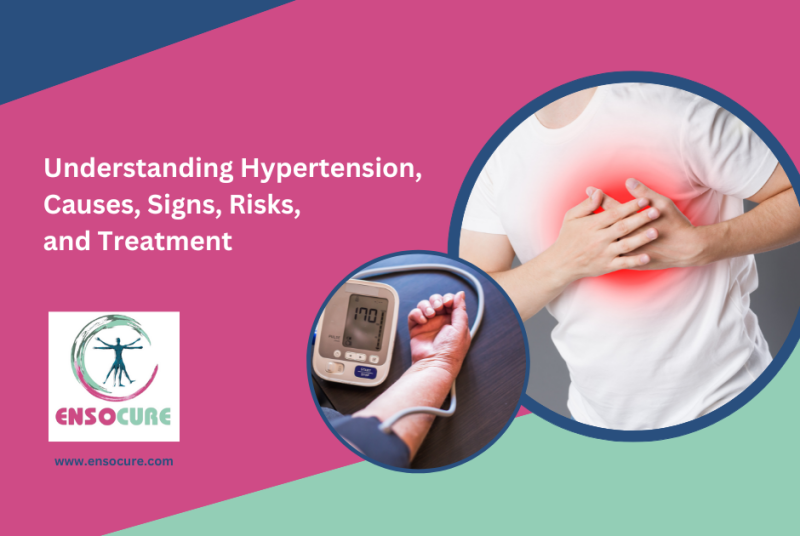Hypertension, commonly known as high blood pressure, is a widespread medical condition that affects millions of people worldwide. Often referred to as the “silent killer,” hypertension can lead to severe health complications if left untreated.
What is Hypertension?

Hypertension is a medical term used to describe a condition where the force of blood against the walls of the arteries is consistently too high. Blood pressure is measured in millimeters of mercury (mmHg) and is recorded with two numbers: systolic pressure (the pressure when the heart beats) over diastolic pressure (the pressure when the heart is at rest between beats). A normal blood pressure reading is usually around 120/80 mmHg. According to the AHA (American Heart Association) high blood pressure is diagnosed as any number beyond that in various stages attributed to the elevated levels as show by the chart below.
Facts about Hypertension
A WHO report of September 2023 found some rather alarming statistics on hypertension. The report says “approximately 4 out of every 5 people with hypertension are not adequately treated, but if countries can scale up coverage, 76 million deaths could be averted between 2023 and 2050.” More facts stated:
- An estimated 1.28 billion adults aged 30–79 years worldwide have hypertension, most (two-thirds) living in low- and middle-income countries
- An estimated 46% of adults with hypertension are unaware that they have the condition.
- Less than half of adults (42%) with hypertension are diagnosed and treated.
- Approximately 1 in 5 adults (21%) with hypertension have it under control.
- Hypertension is a major cause of premature death worldwide.
- One of the global targets for noncommunicable diseases is to reduce the prevalence of hypertension by 33% between 2010 and 2030.
- India has some very startling numbers when it comes to hypertension. According to the WHO countrywide report, India has 188.3 million people suffering from high blood pressure and the three biggest reasons are smoking, excessive salt intake and physical inactivity.
Causes of Hypertension
Genetics
One of the primary causes of hypertension is genetics. If hypertension runs in your family, you may have a higher risk of developing the condition. However, there is no compulsory physiological rule that says if you have a genetic risk of hypertension, you will get it. A healthy lifestyle that avoids all the triggers of hypertension can easily help you maintain your blood pressure.
Lifestyle Factors
Several lifestyle factors can contribute to the development of high blood pressure (hypertension). By addressing these factors, individuals can often manage and reduce their blood pressure. Here are some key lifestyle factors that can cause or contribute to high blood pressure:
- Unhealthy Diet: Consuming too much salt (sodium) can lead to fluid retention and increased blood pressure. Processed and packaged foods often contain high levels of sodium unhealthy fats, sugars, all linked to hypertension. These foods can contribute to obesity and negatively impact cardiovascular health. The American Heart Association recommends limiting sodium intake to less than 2,300 mg per day, and ideally to 1,500 mg per day for most adults.
- Lack of Physical Activity: A sedentary lifestyle and a lack of regular physical activity are associated with higher blood pressure. Exercise helps strengthen the heart, improve blood vessel function, and contribute to overall cardiovascular health.
- Excess Weight or Obesity: Being overweight or obese increases the risk of hypertension. The extra weight requires the heart to work harder to pump blood, leading to higher blood pressure.
- Excessive Alcohol Consumption: Heavy or binge drinking can raise blood pressure. While moderate alcohol consumption may have some cardiovascular benefits, excessive drinking can negate these effects and contribute to hypertension.
- Smoking: Smoking and tobacco use can cause a temporary increase in blood pressure. Additionally, the chemicals in tobacco can damage blood vessels over time, leading to long-term increases in blood pressure.
- Caffeine Consumption: While the relationship between caffeine and blood pressure is complex and varies from person to person, excessive caffeine intake may lead to a temporary increase in blood pressure.
- High Sugar Intake: Diets high in added sugars have been linked to hypertension and other cardiovascular issues. Consuming too much sugar can contribute to weight gain and insulin resistance.
- Lack of Regular Health Check-ups: Failing to monitor and manage health regularly may result in undiagnosed and untreated conditions that contribute to high blood pressure, such as kidney disease or hormonal disorders.
Low Potassium Intake
Potassium helps relax the walls of blood vessels, promoting vasodilation. When blood vessels dilate, there is less resistance to blood flow, which can help lower blood pressure. Moreover, the sodium-potassium pump located in cell membrane maintains fluids balance and regulates the concentration of sodium and potassium inside and outside cells. A diet low in potassium, found in fruits, vegetables, and legumes, may contribute to an imbalance in sodium-potassium levels, impacting blood pressure regulation.
Chronic Stress
Prolonged periods of stress can contribute to elevated blood pressure. The body’s response to stress includes the release of hormones that can narrow blood vessels and increase heart rate.
Sleep Apnea
Sleep apnea is a condition where breathing is repeatedly interrupted during sleep. It has been linked to hypertension, possibly due to the stress it places on the cardiovascular system.
Inadequate Vitamin D
Vitamin D deficiency has been associated with higher blood pressure. Adequate sun exposure, dietary sources of vitamin D, or supplements can help maintain optimal levels.
Aging
As individuals age, the risk of hypertension tends to rise. This can be attributed to the natural aging process, coupled with the cumulative effects of poor lifestyle choices over time.
Medical Conditions
Certain medical conditions, such as chronic kidney disease, diabetes, and sleep apnea, can contribute to hypertension. Treating these underlying conditions is crucial in managing blood pressure.
Blood Pressure Spikes
Sometimes, you might experience temporary spikes in blood pressure which aren’t very concerning. There could be several logical reasons such as drinking coffee, exercising, working, or even going to the doctor.
Read About Common Blood Pressure Spikes Here
Signs of High Blood Pressure
Hypertension is often asymptomatic in its early stages, which is why it is called “the silent killer.” However, some signs and symptoms may manifest as the condition progresses or when your blood pressure rises to very higher levels.
- Severe headaches
- Chest pain
- Dizziness
- Difficulty breathing
- Nausea
- Vomiting
- Blurred vision or other vision changes
- Anxiety
- Confusion
- Buzzing in the ears
- Nosebleeds
- Abnormal heart rhythm
If you are experiencing any of these symptoms and a high blood pressure, seek care immediately. The only way to find out if you are suffering from hypertension is to keep a consistent recorded measurement of your blood pressure outlined by your doctor. You could measure your own blood pressure, but it would still need to be evaluated by a doctor, especially if treatment is required.
Read Here How to Understand Blood pressure, and What Your Numbers Mean
The only way to detect hypertension is to have a health professional measure blood pressure. Having blood pressure measured is quick and painless. Although individuals can measure their own blood pressure using automated devices, an evaluation by a doctor is important for assessment of risk and associated conditions.
Risks of Hypertension
Hypertension when untreated can cause damage to organs like the heart kidney and brain. The increased pressure on arterial walls can result in the formation of blood clots, which may block blood flow to the heart or brain.
Cardiovascular Disease: High blood pressure on artery walls can damage blood vessels, and harden arteries decreasing blood flow and oxygen to the heart. The reduced blood flow can cause chest pain, or angina; heart attack, if the blood supply to the heart is blocked, atherosclerosis, or heart failure where the heart cannot pump enough blood and oxygen to other vital body organs.
Kidney Damage: The kidneys play a crucial role in regulating blood pressure. Hypertension can damage the blood vessels in the kidneys, reducing their ability to filter waste and excess fluid from the body leading to kidney failure.
Brain Health: Chronic hypertension can contribute to cognitive decline and an increased risk of dementia. The elevated pressure can damage small blood vessels in the brain, affecting cognitive function. High blood pressure can also block or burst arteries supplying blood to the brain resulting in a stroke.
Peripheral Artery Disease: Hypertension can lead to the narrowing of blood vessels in the legs, reducing blood flow and increasing the risk of peripheral artery disease.
Aneurysms: Persistent high blood pressure can weaken blood vessel walls, leading to the formation of aneurysms. These weakened areas may rupture, causing life-threatening internal bleeding.
Vision Loss: Damage to the blood vessels in the eyes due to hypertension can result in vision problems and, in severe cases, blindness.
Treatment for Hypertension
The treatment for high blood pressure involves lifestyle modifications which include diet and exercise. The focus should be more on avoiding sodium rich diets, saturated fats, processed foods, excessive meat consumption, smoking and being overweight.
Lifestyle changes include:
- Exercise to lose weight
- Low salt diet
- Being physically active (150 minutes per week of moderate-intensity aerobic activity or 75 minutes per week of vigorous aerobic activity)
- Eat more vegetables and fruits
- Avoid unhealthy fast food
- Get regular health checkups and monitoring of your blood pressure
- Stop smoking
- Manage stress
Medication
In most conditions, where your blood pressure might be too high and a matter of concern, your doctor might prescribe medication to get your BP down below 140/90, a goal for most people with hypertension although getting your blood pressure even lower would be ideal. Common blood pressure medicines in India include:
- ACE inhibitors like enalapril and lisinopril to relax blood vessels and prevent kidney damage.
- Angiotensin-2 receptor blockers (ARBs) like chlorthalidone, losartan and telmisartan relax blood vessels and prevent kidney damage.
- Calcium channel blockers including amlodipine, clevidipine and felodipine relax blood vessels.
- Diuretics including hydrochlorothiazide and chlorthalidone eliminate extra water from the body, reducing blood pressure.
It needs to be noted, that in the case of hypertension, lifestyle changes do help, but you will still need medication. DO NOT SELF-MEDICATE AND ONLY TAKE MEDICATION PRESCRIBED BY YOUR DOCTOR.
Read: Ways To Reduce Your Blood Pressure

Hypertension is a serious health concern that requires proactive management and lifestyle modifications. By understanding its causes, recognizing signs, acknowledging risks, and implementing effective strategies to reduce blood pressure, individuals can take control of their cardiovascular health. It is crucial to consult with healthcare professionals for personalized advice and regular check-ups to ensure optimal blood pressure management. By adopting a heart-healthy lifestyle, one can reduce the risks associated with hypertension and pave the way for a longer, healthier life.

